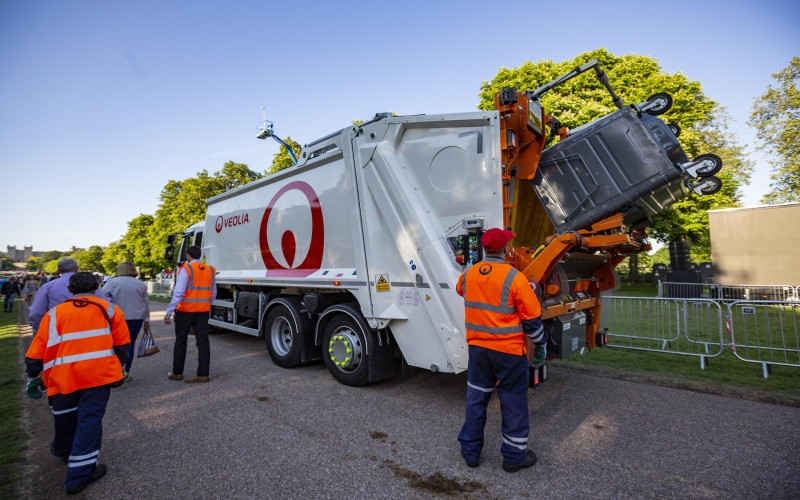If you need to collect waste at your business premises, you must be aware of the legal requirements and duty of care. It is vital that you choose a reputable company to collect your waste. Here are a few tips: First of all, find out about the costs of a business waste collection service.
Duty of care requirements
Businesses have legal responsibilities to dispose of their waste in an environmentally friendly manner. If they fail to meet these requirements, they can face a fine. It is also crucial that they use secure containers and keep them in good condition. Businesses are also responsible for any pollution caused by their waste. This is why it is crucial to properly manage waste, and find a reliable and reputable waste collection company.
Failure to meet Duty of Care requirements can result in fines of PS50 000 and up to five years in prison. Examples of such breaches include failure to collect waste from premises outside collection time, infringing on the Waste Transfer Note (WTNT), and fly-tipping. However, it is important to note that the enforcement of Duty of Care is not limited to businesses. In the UK, enforcement of the law has been largely carried out by local authorities.
Businesses must follow the regulations set out by the Environmental Protection Act 1990 in order to comply with Duty of Care requirements. It is also essential to use a waste carrier that has registered with the Environment Agency.
Types of waste produced by businesses
There are several different types of waste that are created by businesses. One of these types is glass waste. This includes broken drinking glasses and glass bottles. This type of waste is commonly produced by industries like glass manufacturers and restaurants. In the United States, this waste represents 4.2% of all MSW. Moreover, it also contains a large volume of recyclable materials.
All businesses create a certain amount of waste. This waste consists of different types of materials, ranging from paper, cardboard, glass, drinking cups, wood, batteries, scrap metal, office furniture, and more. Businesses are expected to collect, treat, and dispose of waste responsibly. The types of waste produced by businesses differ based on their industry and customer base.
Food waste is another type of waste generated by businesses. This type of waste usually goes into the general waste bin. Most restaurants and other businesses generate a large amount of food waste. This is separate from animal by-products, which are disposed of in animal by-product bins. Other types of food waste include banana skins, orange peels, bones, and leftovers from plates. These types of waste are produced by businesses in many different industries, but you can also expect some food waste in your office.
Costs of a business waste collection service
Business waste collection services can be costly, but there are several ways to reduce the expenses. By recycling as much of your waste as possible, you can significantly cut down on disposal fees. In addition, you can downsize your dumpster to reduce your monthly bill. Many cities have recycling policies that make them cheaper than landfills.
The type of business waste you generate will determine the costs. Most businesses will need both recycling and general waste collection. It is important to use separate bins for the different types of waste, since cross-contamination can be problematic for waste collectors. Some businesses may be able to recycle a portion of their waste, but will still have to pay a monthly fee to have it removed.
The frequency of your business waste collection is also important to consider when calculating the costs. More frequent waste collection is more costly, as it requires more trips and more labor. Businesses with limited storage space or in a busy area may have a greater need for frequent waste pickup.
Ways to reduce costs
Business waste management is often an afterthought, but there are ways to cut costs in a positive way. One way to do this is by recycling, and separating recyclable materials into different bins. Businesses can also collect dry recyclables separately from the rest of their waste. Using dry recyclables is also more environmentally friendly.
Another way to reduce waste is to reuse or repair materials. By doing so, you can cut costs by reusing or repairing materials that might otherwise be thrown away. In addition, by reducing the amount of waste, you will be able to avoid paying for a hefty garbage bill.
Recycling also makes business waste collection much cheaper. Many companies will offer credit for recyclables back on your bill. Besides recycling, businesses can also start composting. It’s not just an environmental concern, but it can also increase employee morale. When your employees see you are trying to help the environment, they will feel more positive about you and your senior management.

